By Louise Sarant
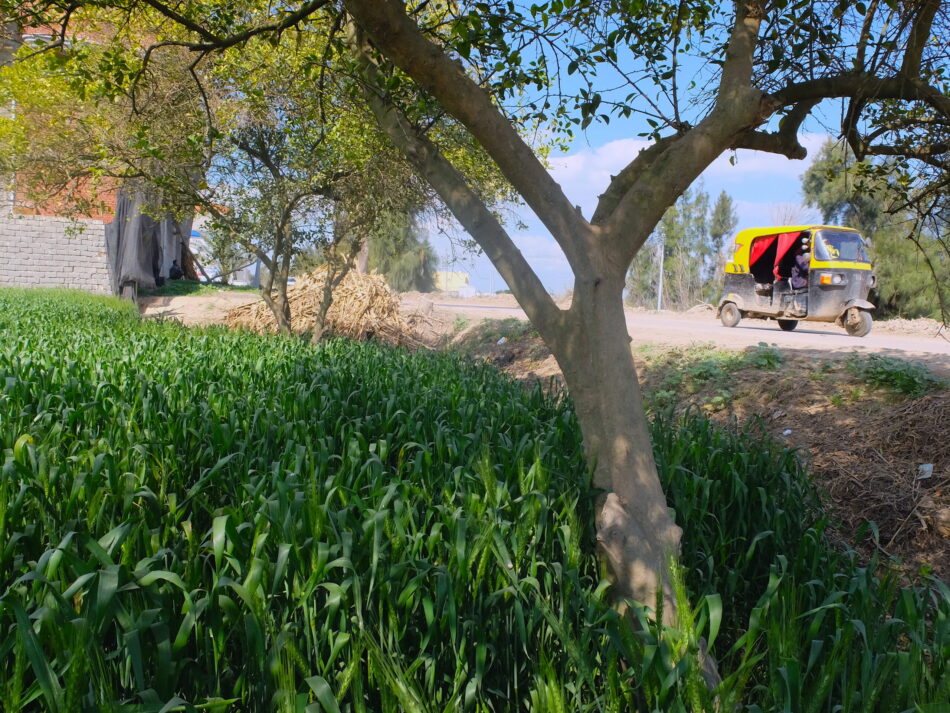
Across the eastern Mediterranean region, farmers and other water managers are battling the harsh effects of climate change. Whether in the high plateaus of northeast Lebanon, the valleys of the West Bank, near the gurgling springs of Wadi Seer in Jordan, or deep in the low-lying heart of Egypt’s Nile Delta, they must cope with warmer, more extreme weather patterns. While many of their specific challenges change based on context, rising water scarcity is a common denominator.
To build climate resilience through enhanced water security in the Middle East and North Africa (MENA), IWMI and the International Union for the Conservation of Nature (IUCN) are implementing the Al Murunah Project.
Al Murunah, which means ‘Flexibility’ in Arabic, is funded by the UK Foreign, Commonwealth and Development Office (FCDO). Its dual ambition is to alleviate water scarcity in Egypt, Jordan, Lebanon, and the Occupied Palestinian Territories (OPT) while simultaneously building the resilience of rural women and rural communities at large, who are ill-equipped to deal with climate change’s erratic nature. In order to develop interventions that are context-appropriate and scalable, IWMI and IUCN collaborate with partners such as the Palestinian Hydrology Group (PHG) in the OPT, the Centre for Environment and Development for the Arab Region and Europe (CEDARE) in Egypt, and the Society for the Protection of Nature in Lebanon (SPNL).
In early March, Al Murunah held a regional workshop in Amman, Jordan, where project implementation partners from central and local government, NGOs, research institutes, the private sector, and donor agencies met and interacted with leading agronomists, engineers, ecologists, and experts in the fields of policy, gender, and other social sciences. The purpose of the workshop was to review the project’s progress and prepare for pilot project implementation in the four countries.
Al Murunah’s unique approach to climate adaptation and development sets it apart. It combines contextually appropriate nature-based solutions with agricultural water management interventions and a gender-transformative approach. This project is the first in the MENA region to link nature-based solutions with economic and social interventions, many of which target rural women.
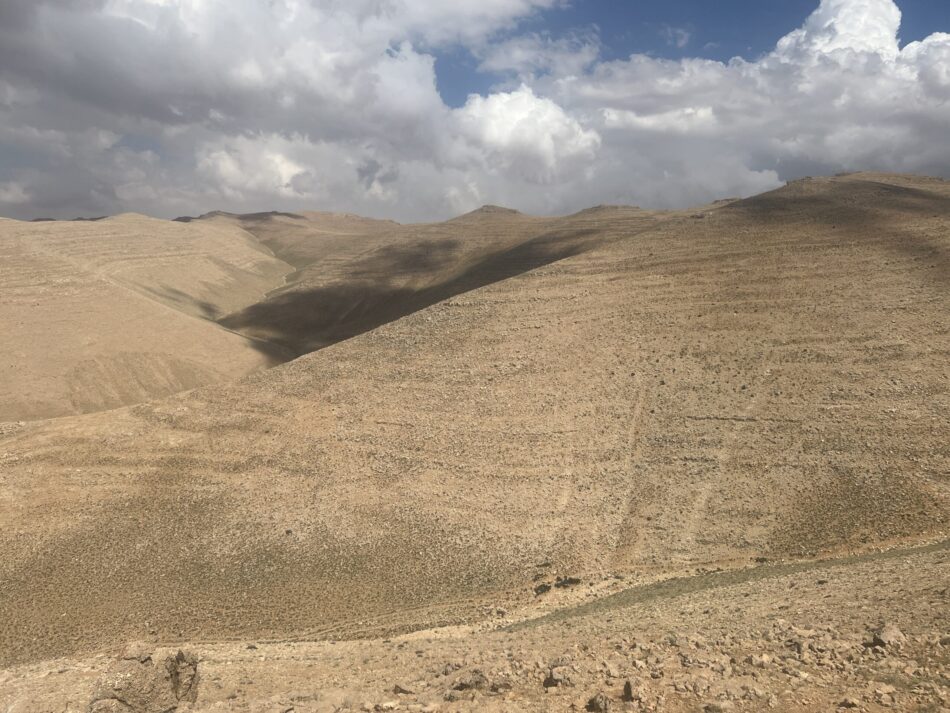
Understanding nature-based solutions
Although multiple definitions exist, IUCN characterizes nature-based solutions as actions that address societal challenges by protecting, sustainably managing, and restoring ecosystems to benefit both biodiversity and human well-being.
Numerous interventions in the MENA region fall under the category of nature-based solutions, although they are seldom identified as such. For instance, rainwater harvesting and flood diversion, traditional practices in the region, are types of nature-based solutions. Other examples include constructed wetlands and reforestation, which aim to restore and safeguard ecosystems. Other techniques, such as terraced farming and rangeland management, improve agricultural productivity and preserve biodiversity while reducing erosion and desertification.
“The Arabic phrase for nature-based solutions is not used often, and therefore few people understand the technical terminology. This causes perplexity and is a barrier to uptake at scale” explained Stephen Fragaszy, Al Murunah’s policy lead. But there is hope. “Although it is a relatively new and technical concept, Lebanon and Jordan explicitly mention nature-based solutions in their climate strategies,” he pointed out.
The resilient nature-based water solutions that Al Murunah is deploying in the four pilot locations combine traditional practices and engineering components that are locally relevant and hybrid in nature. “The Nile Delta pilot, for instance, combines low-tech and high-tech elements to create an integrated system that can be easily incorporated into the existing market structure,” explained Al Murunah’s technical lead, Makram Belhaj Fraj, during the regional workshop.
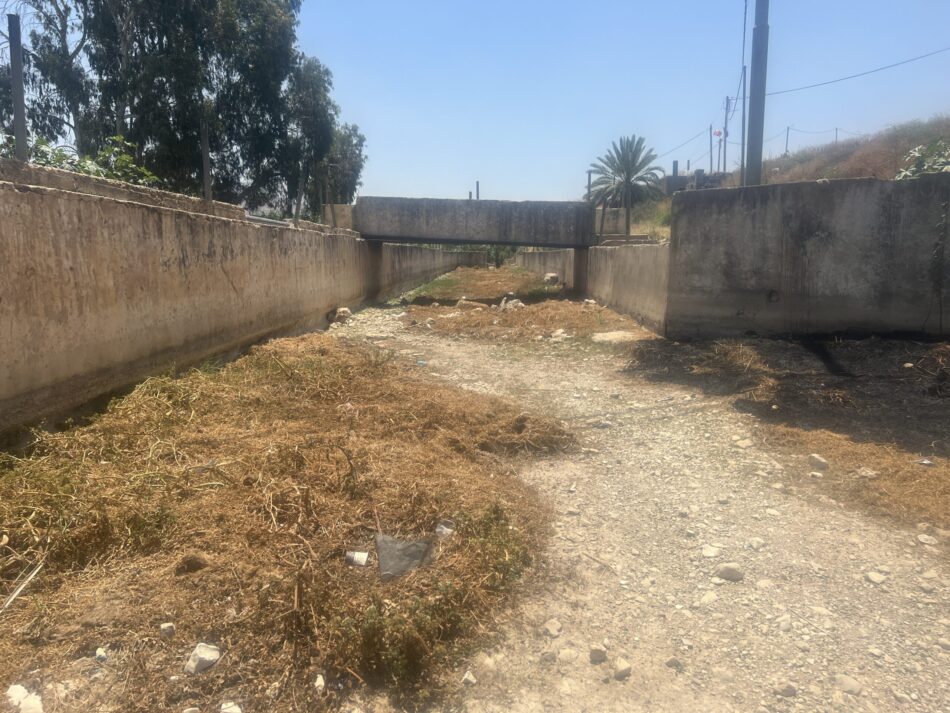
A rigorous methodology behind the four pilots
Before defining the pilot projects’ interventions in Egypt, Lebanon, Jordan, and the OPT, detailed assessments, studies, and consultations with local communities were conducted. These determined each site’s baseline biophysical conditions and the specificities of the local agricultural and hydrological systems. They also examined each location’s fine-grained socio-economic and political economy characteristics and gender dynamics.
Makram Belhaj Fraj explained that they used a technique called high-resolution climate downscaling to understand how climate change will affect water resources, agriculture, and ecosystems at the catchment level. “It gave us indicators of future precipitation and evapotranspiration anomalies and their potential impacts on crops,” he said.
All these factors combined — from technical to household dynamics and market systems — dictated the nature and set-up of the resilient nature-based water solutions pilot interventions. In addition, the preliminary studies paid great attention to each site’s surrounding region to ensure the scalability and upscaling of these interventions to a wider area.
Egypt’s pilot is located in Izbat Al-Hamra, a typical Delta village famous for producing French artichokes, potatoes, and wheat. The farmers from Izbat Al-Hamra who operate on lands further down the tertiary canals suffer from water supply interruptions for up to 20 days a month and increased soil salinity, which greatly affect crop productivity and limit crop choices. To improve crop productivity and incomes, the project will introduce salinity and drought-resistant crop varieties and follow an agroecological approach based on crop rotation.
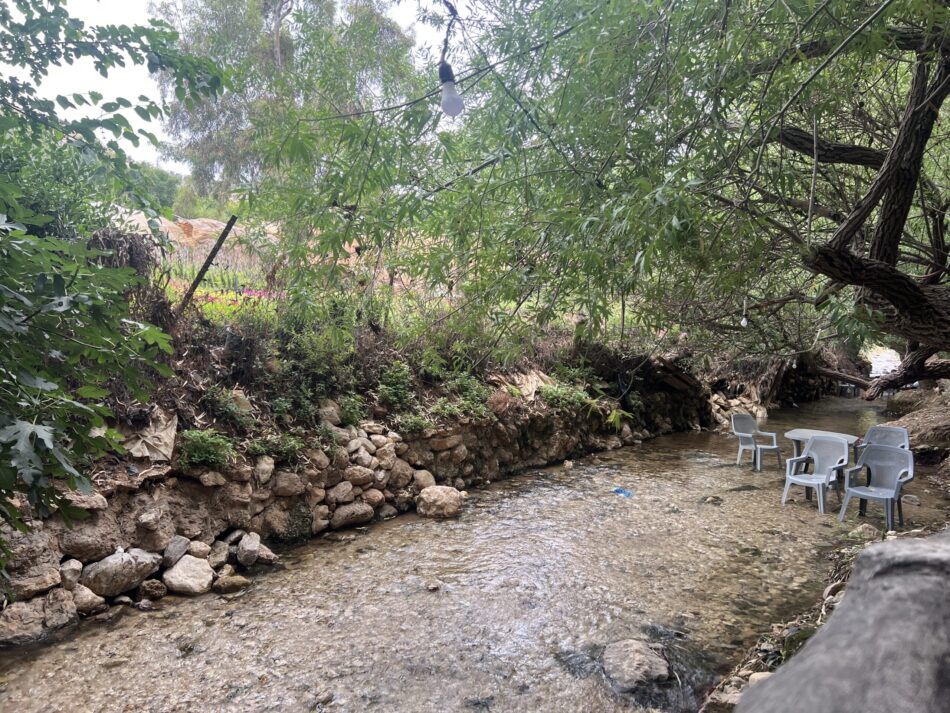
Wadi Seer, a neighborhood west of Amman famous for its natural springs, suffers from water shortages, pollution, and low agricultural productivity. To improve water supplies, Al Murunah plans to rehabilitate some of the area’s damaged springs and will focus on preventing erosion through afforestation. Also, the project will work with a local women-run organization and revive the cultivation of prized crops like the Roman olive and blue fig, which are well-suited to the area’s conditions, by offering incentives to farmers who protect these terroir products through practices like terrace-based conservation agriculture.
In the northeast Bekaa Valley of Lebanon, the RNBWS intervention aims to address the challenge of flash floods in the villages of Ras Baalbeck and Qaa. For the past decade, violent flash floods have occurred more often during the cold season, destroying vital water infrastructure and homes and scraping off arable lands’ precious topsoil. Al Murunah will rehabilitate damaged flood control structures like gabions and check dams, and support groundwater recharge through diversion canals to reduce risks. The pilot also includes introducing new heat and drought-tolerant crops of high market value — like sumac, pomegranate and carob. These crops will be integrated into the existing value chain of the local women’s cooperative to increase local incomes.
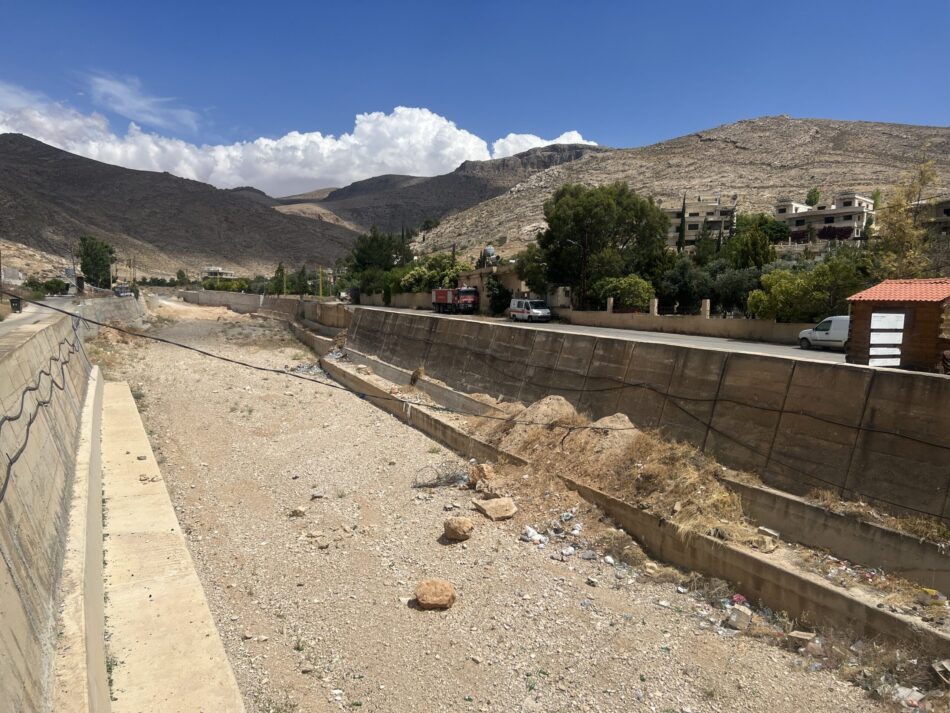
Water scarcity and contamination from wastewater discharges are the main challenges experienced by the farmers of Upper Faria’a, in the Tubas Governorate of the northern West Bank in the Occupied Palestinian Territories. To address these issues, the interventions include spring rehabilitation, canal maintenance, and an agrobiodiversity garden to promote indigenous species.
All of these interventions have been designed with replication and scalability in mind, as Al Murunah seeks to expand the uptake of resilient nature-based water solutions within the pilot countries — and elsewhere across the wider MENA region.
“The past two years of the project have been instrumental in building a solid foundation for the implementation phase that is now underway,” said Vidhisha Samarasekara, Strategic Program Director at IWMI and Al Murunah Project Lead. “We have systematically laid the groundwork, and this strong base gives us the confidence and momentum to move forward with developing, piloting, and scaling these resilient nature-based water solutions,” she added.
“To achieve the aspired climate and local development impact, these pilot projects should be taken to scale through effective partnerships and financing mechanisms”, stressed Ruba Al-Zubi, Levant Climate Energy and Environment Lead at FCDO. “The project interventions are to be sustained through strong local ownership, continued learning and capability building as well as integration into local policies, plans and market systems,” she said.

